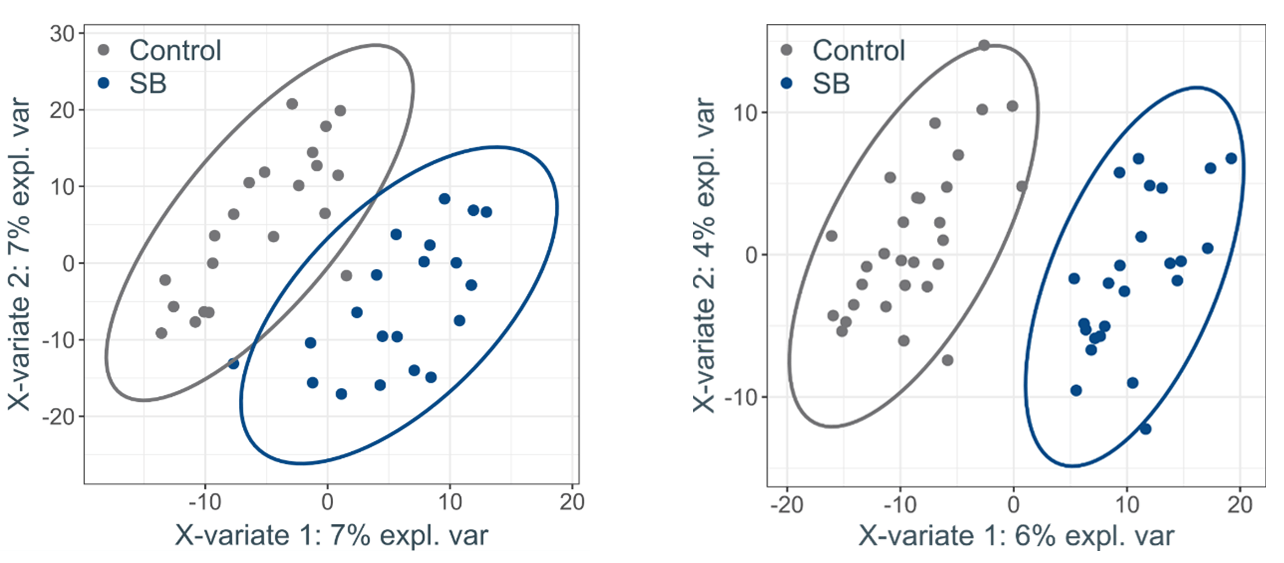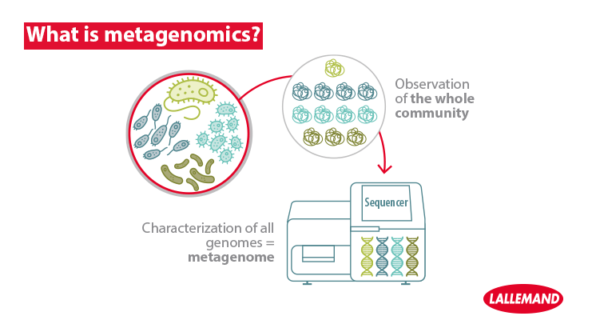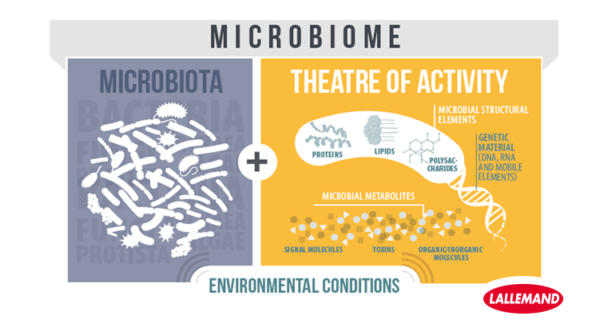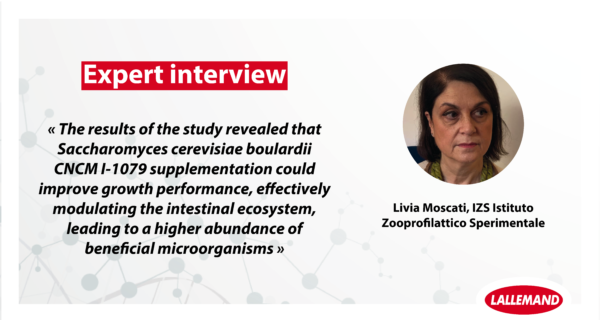Blog | Reading Time 3 minutes
Shaping the piglet microbiota through its mother
Could the microbiota be part of our heritage? It is established that it is the early exposure to environmental microbiota (from the mother’s vagina, skin, gut, and also through the milk) that mostly shapes the digestive microbiota of newborn mammals. Recent microbiota studies carried out by Lallemand Swine Center of Excellence indicate that before birth, the sows’ microbiota’s modulation through the diet, in our case with the supplementation of the probiotic Saccharomyces cerevisiae var. boulardii CNCM I-1079 (LEVUCELL SB), could influence the piglet microbiota up to weaning and even later. The value is to help the neonates better prepare to face the stress of weaning. This concept is known as ‘maternal imprinting’.
Preliminary results
Initial experiment (Achard, et al., 2019) shows that S. boulardii supplementation modulates the sows microbiota profile and that this modulation was reflected on to the piglets. Of particular interest, it has been shown that the Fibrobacteres phylym was significantly more abundant in the microbiota of the sows fed the probiotic yeast. Moreover, the detection frequency of the Fibrobacter intestinalis species, in particular, was higher in post-weaning piglets weaned from mothers supplemented with the probiotic. This bacteria species is involved in the degradation of plant-based cellulose (fibers) in the gut and could be related to better feed utilization. This study showed the live yeast capacity to significantly modulate the sows microbiota profile with a subsequent positive effect on the suckling and post-weaning piglets microbiota.
New trial
In this new study (Achard, et al., 2021), the microbial composition of sows and piglets fecal samples was characterized using 16S rRNA gene sequencing.

Figure 1: Experimental design. Only the sows were fed the probiotics throughout gestation and lactation.
Like mother like kids!
The beta-diversity allows illustrating the variation of microbial composition between groups of samples*. Figure 2, where each dot represents one fecal sample composition, shows that the microbiota profile of gestating sows is affected by the live yeast supplementation and that this difference is transferred, and even more pronounced in the newborn piglets.
Quite remarkably, this difference is still visible on the piglets microbiota 6 days after birth and still 5 days after weaning.
This study confirms the concept of ‘maternal imprinting’ when it comes to microbiota establishment. S. boulardii application in sows has shown to be effective in stabilizing the digestive microbial profile of sows around farrowing. This microbial modulation goes far beyond farrowing, providing a subsequent modulation of piglets’ microbiota up to the post-weaning phase. It showcases the possibility of early intervention by feeding probiotics to the mother in order to balance the neonates and the subsequent post-weaning piglets microbial profile.
“Modulation of the swine gut microbiome via probiotics to maintain a healthy microbiome offers a promising tool to limit the use of medications while enhancing the post weaning performance.

Left: Beta-diversity of the microbiota fecal samples from control or Levucell SB supplemented sows, 110 days into gestation. Right: Beta-diversity of the microbiota fecal samples from 6 days old piglets issued from control or Levucell SB supplemented sows
*Beta-diversity represents the similarity of the microbiota composition between samples. The beta diversity between groups of samples is evaluated through ordination with several statistical tests as PERMANOVA, ANOSIM, Mantel. It considers the microbiota content in different ways (presence-absence, abundance, phylogenetic) to distinguish samples from each other. Less beta-diversity distance between two samples indicates a more similar microbiota.
Published Jun 22, 2021 | Updated May 29, 2023
Related articles
Need specific information?
Talk to an expert


